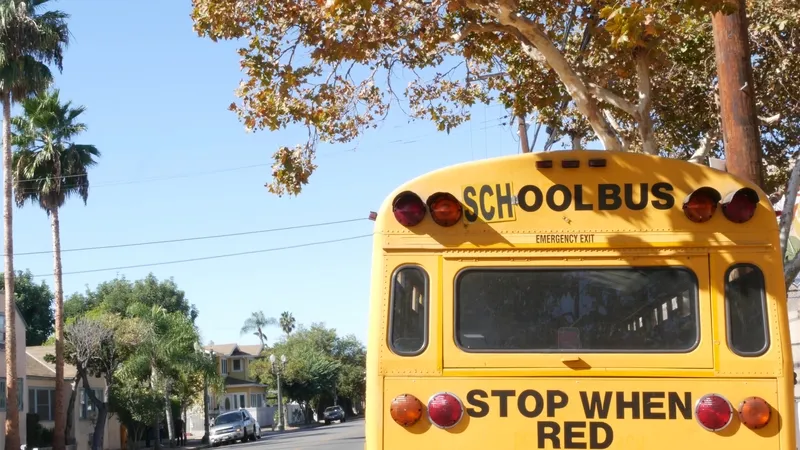The City of Fayetteville, North Carolina, is to partner with American Traffic Solutions (ATS) to launch a red-light safety camera program. Under the City’s previous automated enforcement program, angle crashes were reduced by 27 per cent at the eight intersections where the cameras were installed. Under the terms of the agreement, red-light safety cameras will be installed at identified intersections, which will be determined after a review by the city’s engineering department. Revenue from red-light runnin
February 27, 2015
Read time: 2 mins
The City of Fayetteville, North Carolina, is to partner with 17 American Traffic Solutions (ATS) to launch a red-light safety camera program. Under the City’s previous automated enforcement program, angle crashes were reduced by 27 per cent at the eight intersections where the cameras were installed.
Under the terms of the agreement, red-light safety cameras will be installed at identified intersections, which will be determined after a review by the city’s engineering department.
Revenue from red-light running fines will fund the program and provide additional revenue to local schools.
“Fayetteville is proud of its commitment to protect its community and looks forward to working with ATS as this important program returns to our city,” said Rusty Thompson, director of Engineering and Infrastructure. “Our own experience with red-light cameras is the best example we have of their effectiveness. Every decrease in angle-crashes is a benefit to all of us driving, living and working here.”
“We are grateful for the opportunity to work with the city of Fayetteville and look forward to helping them achieve their traffic safety goals,” said David Roberts, ATS president and chief operating officer.
Under the terms of the agreement, red-light safety cameras will be installed at identified intersections, which will be determined after a review by the city’s engineering department.
Revenue from red-light running fines will fund the program and provide additional revenue to local schools.
“Fayetteville is proud of its commitment to protect its community and looks forward to working with ATS as this important program returns to our city,” said Rusty Thompson, director of Engineering and Infrastructure. “Our own experience with red-light cameras is the best example we have of their effectiveness. Every decrease in angle-crashes is a benefit to all of us driving, living and working here.”
“We are grateful for the opportunity to work with the city of Fayetteville and look forward to helping them achieve their traffic safety goals,” said David Roberts, ATS president and chief operating officer.









